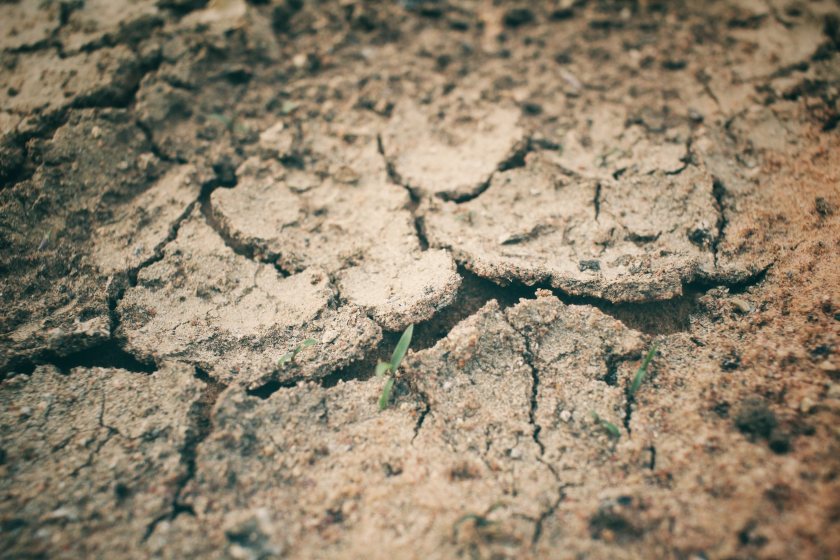
Farmers are bracing for another tough year as England’s drought shows little sign of easing, with experts warning that water shortages could persist well into 2026 unless the country sees months of sustained rain over the winter.
The National Drought Group (NDG) — which includes the Met Office, Environment Agency, water companies, the NFU, and conservation bodies — met in London this week to assess the country’s fragile water situation.
Despite some rainfall, England’s reservoirs are only 63% full, compared with the seasonal average of 76%, and several in the south are running critically low at below 30%.
Helen Wakeham, chair of the NDG, said recent showers were “very welcome” but far from enough. “We need a lot more rain this winter to fill up our rivers, reservoirs, and groundwater,” she said, urging households to keep using water sparingly even during wetter spells.
She added that the “changing climate means we must prepare for more droughts,” describing water security as a “national priority” and calling on water companies to continue tackling leaks and promoting water efficiency year-round.
England would need at least 482mm of rainfall — the full seasonal average — by the end of March to recover from drought, the group heard. Yet only two months of 2025 have so far met or exceeded that target.
According to the Met Office, summer 2025 was the hottest since records began in 1884, while the preceding spring was the driest in 132 years.
Chief Meteorologist Dr Will Lang said England had received just 61% of its expected annual rainfall by late October. “Without sustained and widespread precipitation, a consistent recovery from drought remains uncertain,” he warned.
Although the north-west has seen rain levels above average, much of the south and east remains severely dry. Cumbria and Greater Manchester have moved from drought to “drought recovery” status, but officials warned that any renewed dry spell could quickly reverse that progress.
On the ground, many farmers have struggled to irrigate late crops and are now relying on winter forage to keep livestock fed after poor grass growth through spring and summer.
The NDG has also called on farmers to check abstraction licences, increase reservoir storage, and collaborate with neighbours to share water resources. Despite some recent rain, the agricultural sector remains under pressure heading into winter.
Water Minister Emma Hardy praised the public and the farming community for conserving supplies but said the “ongoing dry spell continues to pose risks to public water supplies, farming, and the environment.” She added that the government was investing in nine new reservoirs to secure “long-term water resilience.”
But with the Environment Agency still classifying the drought as a “nationally significant incident”, experts warn the crisis is far from over.
The NDG will meet again early next year to reassess conditions — and all eyes will be on whether England’s winter rains can finally turn the tide.
